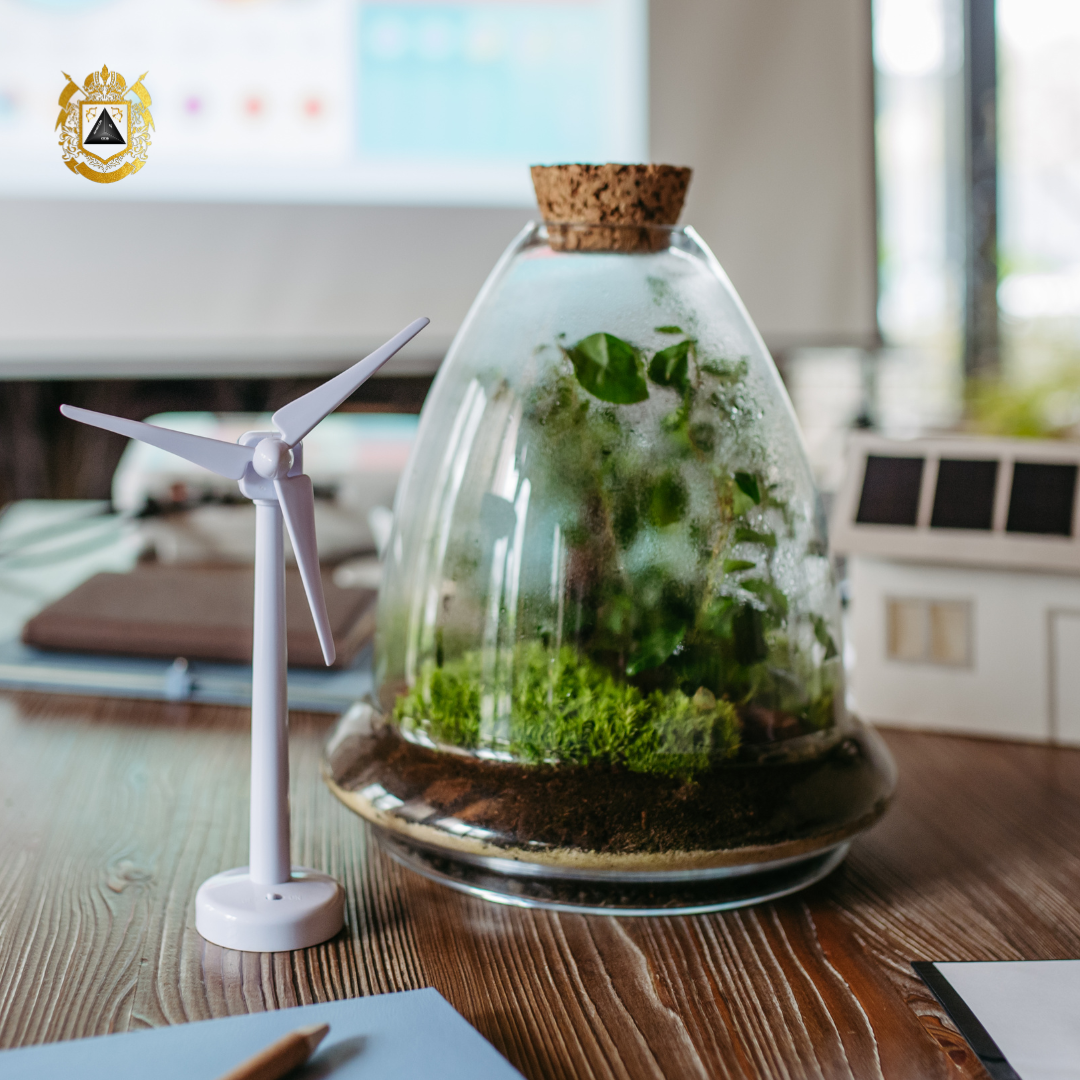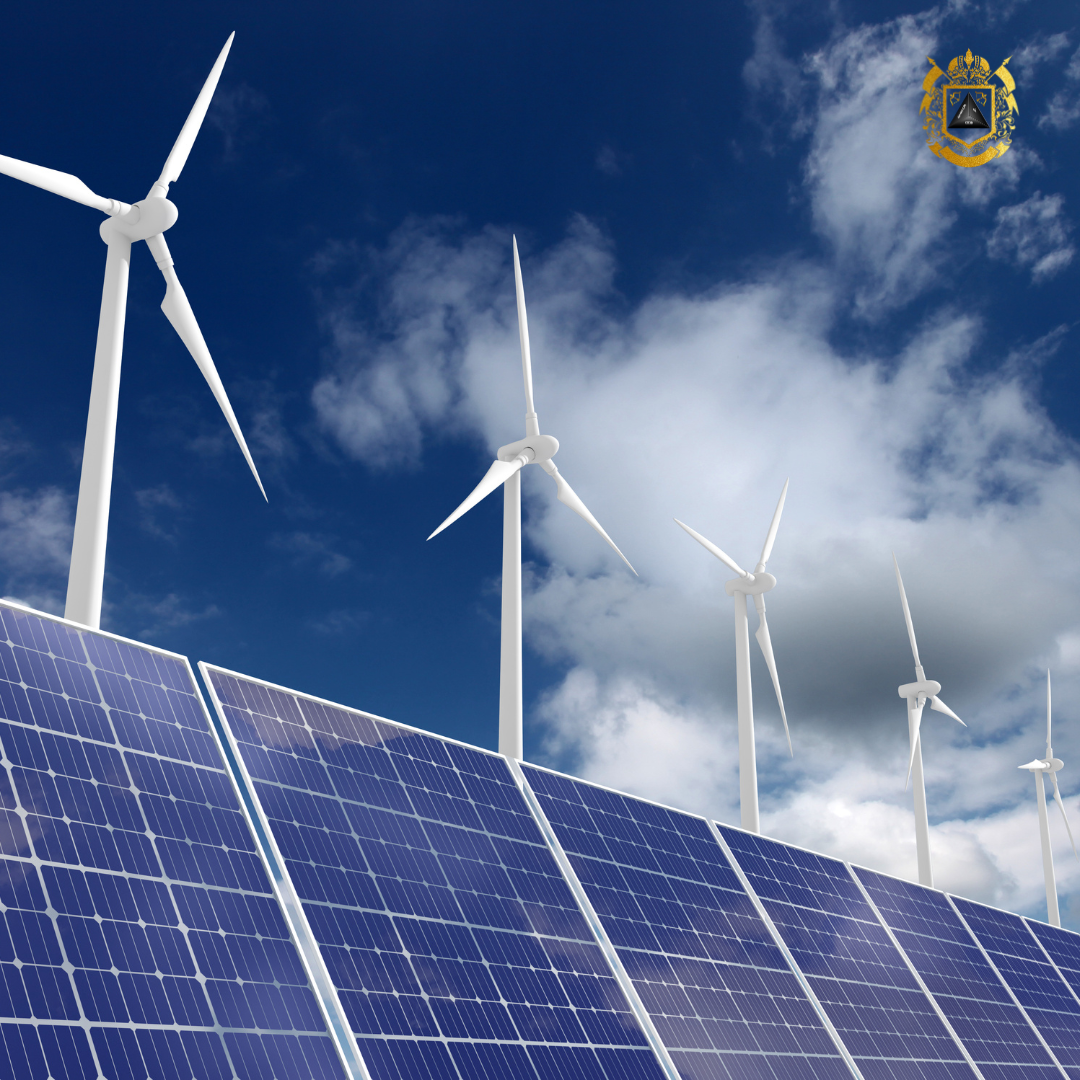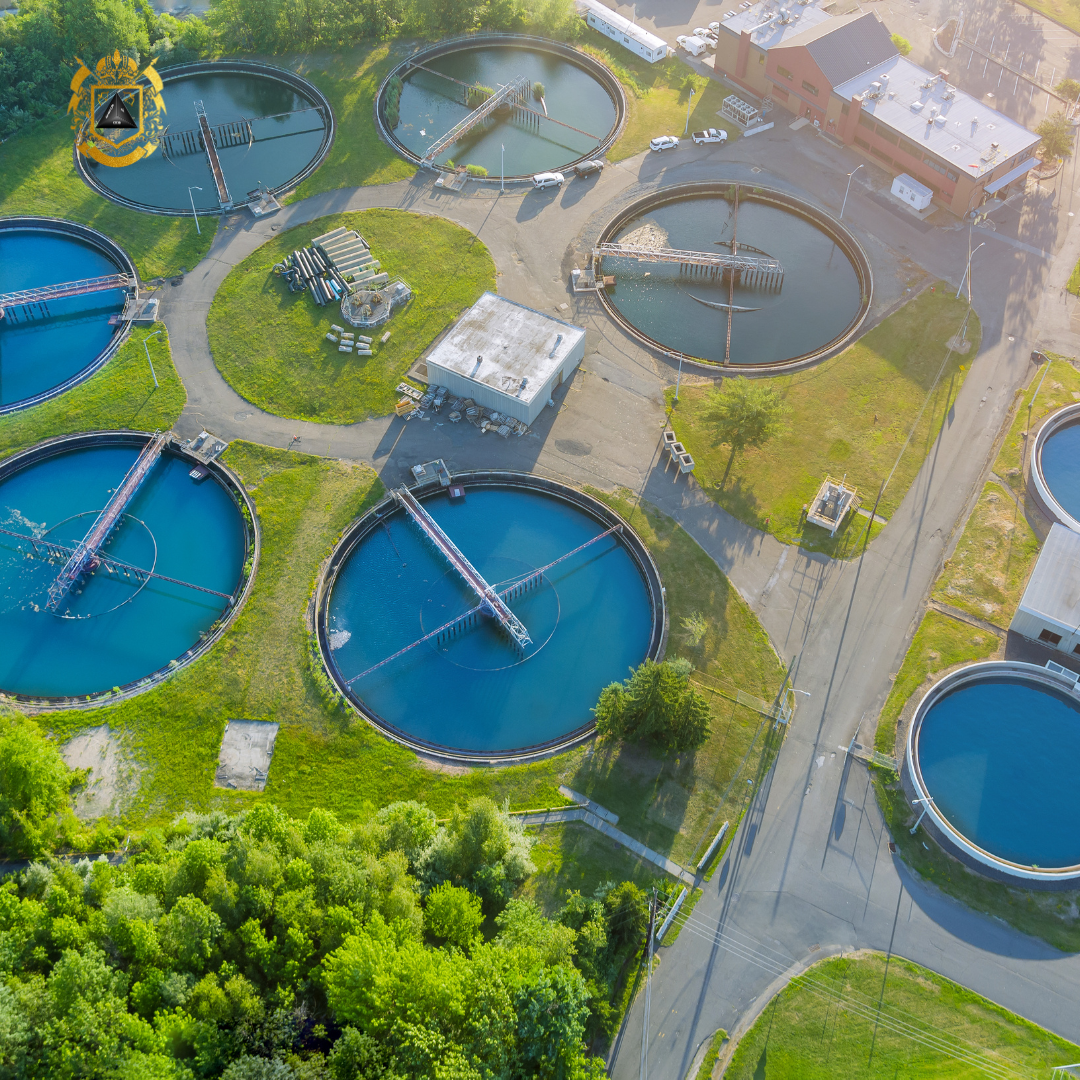The Kingdom of Kush (KOK) is more than just a new nation; it spells hope for a sustainable and prosperous Africa. Building a sustainable future for Africa is one of the agendas it strives to achieve – by implementing innovative solutions and embracing sustainable practices.
With a growing number of citizenship applications, people are recognizing the vision KOK represents. But, what are Kush’s plans for a more solid, sustainable Africa? Here are some of the key initiatives undertaken by KOK to promote sustainable development and create a brighter future for Africa.
The Importance of Sustainable Solutions for Africa’s Future

If you look at the last two decades, investments in renewable energy in Africa have improved significantly yet lag when compared to other world regions.
- The continent’s vast resources of hydro, solar, wind, geothermal, and bioenergy remain largely untapped.
- Fossil fuels continue to dominate Africa’s energy mix, contributing to environmental concerns and energy poverty.
- Renewable sources make up approximately 18% of the electricity output.
- Over half a billion Africans lack access to electricity, a staggering number compared to German and US populations.

(Source: Visualisation of South African Energy Data)
Could renewable energy be the solution? Absolutely!
Africa’s abundant resources offer a promising path to overcome energy poverty and drive sustainable development. By harnessing its renewable potential, Africa can create a more prosperous and resilient future.
Keeping renewable energy at the forefront, the Kingdom is actively shaping a sustainable, resource-efficient society through the deployment of renewable energy sources and advanced digital infrastructure, promising its citizens a lifestyle powered by green technology and smart solutions.
Renewable Energy

Africa’s renewable energy capabilities are vast, with the capacity to produce 1,000 times more than its expected electricity needs by 2040. This abundance signifies an opportunity for Africa to meet its future energy needs with ease. The shift to renewables, including innovative resources like green hydrogen, could also transform the continent’s economy by providing new, sustainable exports to replace traditional fossil fuels.
However, despite this impressive potential, current deployment of these resources is minimal. In 2019, renewables accounted for 72 percent of all new global electricity generation capacity, yet of the nearly 180,000 megawatts (MW) added worldwide, Africa contributed just 2,000 MW. This striking disparity highlights an urgent need for Africa to harness its untapped renewable energy resources as the world makes a decisive pivot towards cleaner, renewable-based electricity systems.

(Source: Visualisation of South African Energy Data)

(Source: South Africa – Solar Energy Market by Application)
The Kingdom of Kush recognizes the importance of renewable energy in addressing climate change and reducing dependence on fossil fuels. KOK has plans to invest significantly in solar power projects, harnessing its abundant sunlight to generate clean electricity. Solar farms will be established across the country, providing a sustainable and reliable source of energy.

(Source: Visualisation of South African Energy Data)
In addition to solar power, the Kingdom is also exploring the potential of wind and hydropower. Hydroelectric plants are being considered to harness the energy of rivers and waterfalls in the Kingdom’s 25 territories. These renewable energy sources contribute to the Kingdom’s energy mix and reduce its carbon footprint.
Water Conservation

Africa is a powerhouse of hydroelectric generation, thanks to its mighty rivers and vast drainage basins, boasting an impressive installed capacity of over 30 gigawatts. In nations like Lesotho and the Democratic Republic of Congo, the force of falling water powers more than 90 percent of electricity.
Amidst this bounty, water scarcity remains a pressing issue for many African regions, including the Kingdom of Kush (KOK). In response, KOK is embracing water-wise policies. It’s all about maximizing efficiency, whether through advanced irrigation systems that curb water use, innovative wastewater treatment plants that replenish the supply, or rainwater harvesting systems designed to catch every precious drop.
Through these strategic initiatives, KOK is not only safeguarding its water resources but also securing the lifeline for its people and a sustainable path for its industries.
Sustainable Agriculture

(Source: Mobilizing Clean Energy Investments in South Africa)
As the Kingdom of Kush (KOK) steers towards a sustainable future, it’s targeting crucial sectors such as light industry, commerce, and agriculture for an energy revolution and modernization. The push is to electrify processes where possible, streamlining operations across the board.
Agriculture is at the forefront of this transformation. After all, it’s the cornerstone of Africa’s employment, with nearly half of all jobs stemming from this sector (IRENA and AfDB, 2022). In KOK, sustainable farming isn’t just a concept – it’s a strategic imperative that nurtures food security, bolsters rural progress, and guards the environment.
At the core of KOK’s green blueprint is organic farming. This approach steps back from the conventional reliance on chemicals, fostering soil that’s robust and ecosystems that thrive. But the Kingdom doesn’t stop there. It blends agriculture with forestry through agroforestry, promoting biodiversity, enriching the soil, and yielding benefits like timber and carbon capture.
The Kingdom of Kush is also championing precision agriculture. Harnessing the power of data and cutting-edge technology, farmers are optimizing their methods, boosting crop yields, slashing waste, and saving resources – embodying KOK’s vision of a smarter, more sustainable Africa.
Waste Management

(Source: Mordor Intelligence Research & Advisory)
Across Africa, waste generation may still lag behind the developed world, but the tide is turning. With factors like population growth, the spread of cities, a burgeoning middle class, and changing consumption and production habits at play—plus the murky waters of global waste trade—Sub-Saharan Africa is on a trajectory to surpass developed regions in total waste output if current trends persist. These trends go hand-in-hand with inadequate waste management practices, spawning a trinity of economic, social, and environmental issues. Yet, within these challenges lie seeds of positive change.
Take South Africa’s example: out of the 3.4 million tonnes of packaging materials consumed in 2021, an impressive 54% were collected for recycling. That’s a leap ahead of the 4% average recycling rate across the continent. Recycling isn’t just an environmental act here; it’s becoming a lucrative industry, propelled by necessity due to socio-economic pressures rather than solely by governmental or business initiatives.
The Kingdom of Kush (KOK) recognizes the imperative of effective waste management, not only for ecological integrity and public health but also as a driver of sustainable development. It’s pushing forward with recycling programs aimed at repurposing recyclable materials, significantly reducing what goes into landfills, and recovering valuable resources.
Efforts are also underway to promote composting, turning organic waste into a nutrient-rich asset for agriculture, and enhancing soil vitality.
Exploring the frontier of waste-to-energy solutions is also part of KOK’s strategic vision. These technologies promise a dual benefit: diminishing reliance on landfills and producing clean energy. This comprehensive approach to waste management demonstrates KOK’s unwavering commitment to a cleaner, more sustainable future for Africa.
Technological Innovations…

The Kingdom of Kush is committed to harnessing technology to drive sustainable development. The government is investing in research and development in areas such as artificial intelligence, blockchain, and the Internet of Things (IoT).
These technologies can be used to address various challenges and promote sustainable development, such as improving agricultural productivity, enhancing healthcare services, and optimizing energy consumption.
The Kingdom of Kush is also collaborating with international partners to develop and implement innovative technological solutions. These partnerships foster knowledge sharing, capacity building, and the transfer of technology.
Conclusion
The Kingdom of Kush is taking a proactive approach to sustainable development, implementing innovative solutions in various sectors. By harnessing renewable energy, promoting sustainable agriculture and water conservation, managing waste effectively, and embracing technology, the Kingdom is working towards a brighter future for its people and the planet.
By investing in the Kingdom of Kush, you can contribute to a more sustainable and prosperous Africa.



